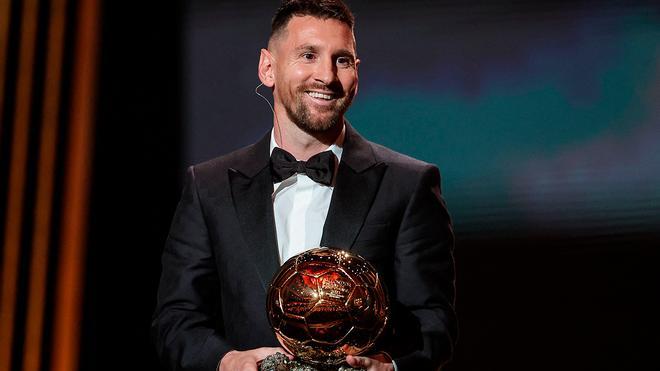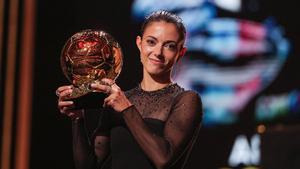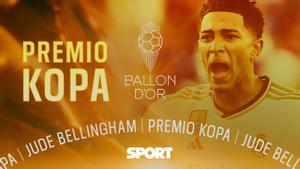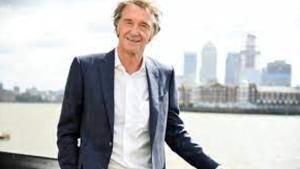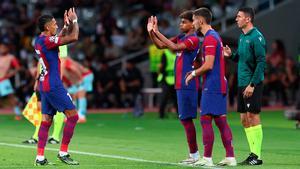The Maradona I knew the year he discovered cocaine
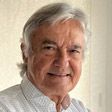
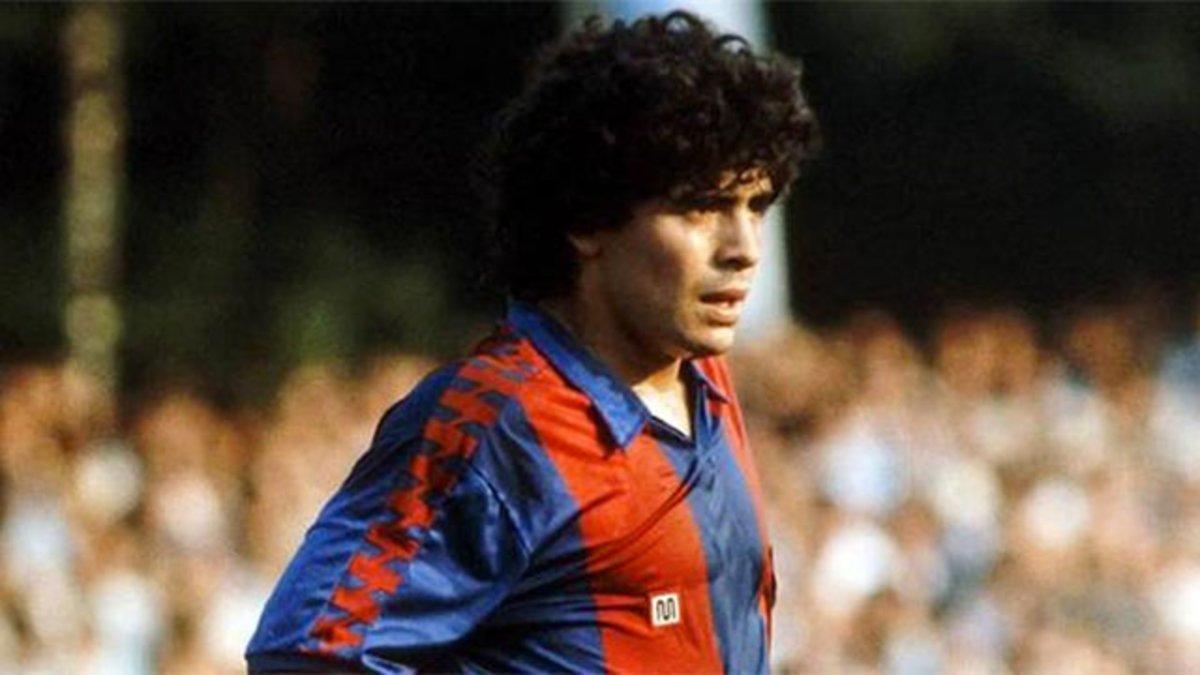
The news of Diego Maradona's death has hurt my soul, has hurt my memories and forces me to look back. It takes us forty years back, when he arrived in Barcelona in 1982 at the age of 21. He was a big kid. Excited to succeed in Europe. Thrilled by reaching a great club. Surprised by the reception his arrival provoked. Surprised because Barça had paid 1200 million pesetas for his transfer. There his life began to change. He discovered fame, popularity, money and nightlife. An explosive cocktail to which bad company was soon added. Too many temptations for a football talent that nobody had taught how to prioritise his objectives.
The Maradona that I met was friendly, happy and dreamy. He had completed high school in Argentina, his education was lacking but he had the intuition of those who have made their way through a complicated childhood. Barça was big for Diego, he arrived early and only won two minor titles. The first season, 1982/83, was marked by suffering hepatitis that took him away from training for three months. In the league Barca did not go beyond fourth place although they won the Copa del Rey and the League Cup. The following season started worse. On September 24, Andoni Goicoetxea broke his left ankle at the Camp Nou, which took him out for four months. That was the beginning of the end of his Barcelona time, with more shadows than light, since in his second and final season he won nothing. We never saw the real Maradona, with hepatitis and the long injury truncating all expectations. The end was controversial, with a transfer to Napoli that ended two years of frustration.
I remember as if it were yesterday a visit I made to Maradona in his convalescence from hepatitis. I was 35 years old, it was three years since we had founded the newspaper Sport and I went to the Pedralbes tower where he lived, to interview him. What I saw that day, I will never forget. More than a private house, it looked like a hotel. Diego was in a bed in the garden, around him were more than ten people eating and drinking at six in the afternoon as if it were a party. It was the first time I saw white powder snorted, from the corner of the ping pong table. I confess that I didn't know what cocaine was then. His then representative, Jorge Cysterpiller, approached me and said: “Only publish what Diego tells you. No photos." Many years later, in two biographies written without his consent, it is explained in detail that it was in Barcelona because of the bad company he kept that he discovered the drug.
Even a world champion like Menotti had to submit to the life of Maradona. Tired of Diego being late for training since he lived his life at night, the coach decided to train in the afternoon and like a good Argentine he invented a white lie: “We have decided to train at the same time as the games, in the afternoon, it is better for the metabolism of the footballers." Diego's stay in Barcelona coincided with the first broadcast of a soccer match on TV3 on the day the broadcasts were inaugurated, Barça-Osasuna. Two days before September 10, 1983, I went to tell him that before the game I would interview him live on the pitch. "Perfect," he told me, "but nothing about my private life."
When his career was already on the way out, he signed for Sevilla. It was the year 1992, when Cruyff's Barça had won the first European Cup at Wembley. Antonio Asensio had just launched Antena 3 TV and he called me in Madrid to talk about a project. As a great football fan, I wanted to include the beautiful game, despite the handicap of not having rights to the images. We created Fórmula Futbol twenty-eight years ago, the first football chat format. And we did it in style, with two luxury guests, Cruyff and Maradona. The problems we had with Diego were always the same. We filmed at eight in the evening and we had to send someone to his house at six to wake him up from a nap. It was the only way to ensure his presence.
Now it is time to say goodbye. The best compliment I can give the Maradona I knew is that he always did what he wanted, for better and for worse. In recent years he has tried to make peace with his past, so as not to ruin his present. But unfortunately health betrayed his hope and took its toll. Dear Diego, football will never forget you.
Topics with the letter
